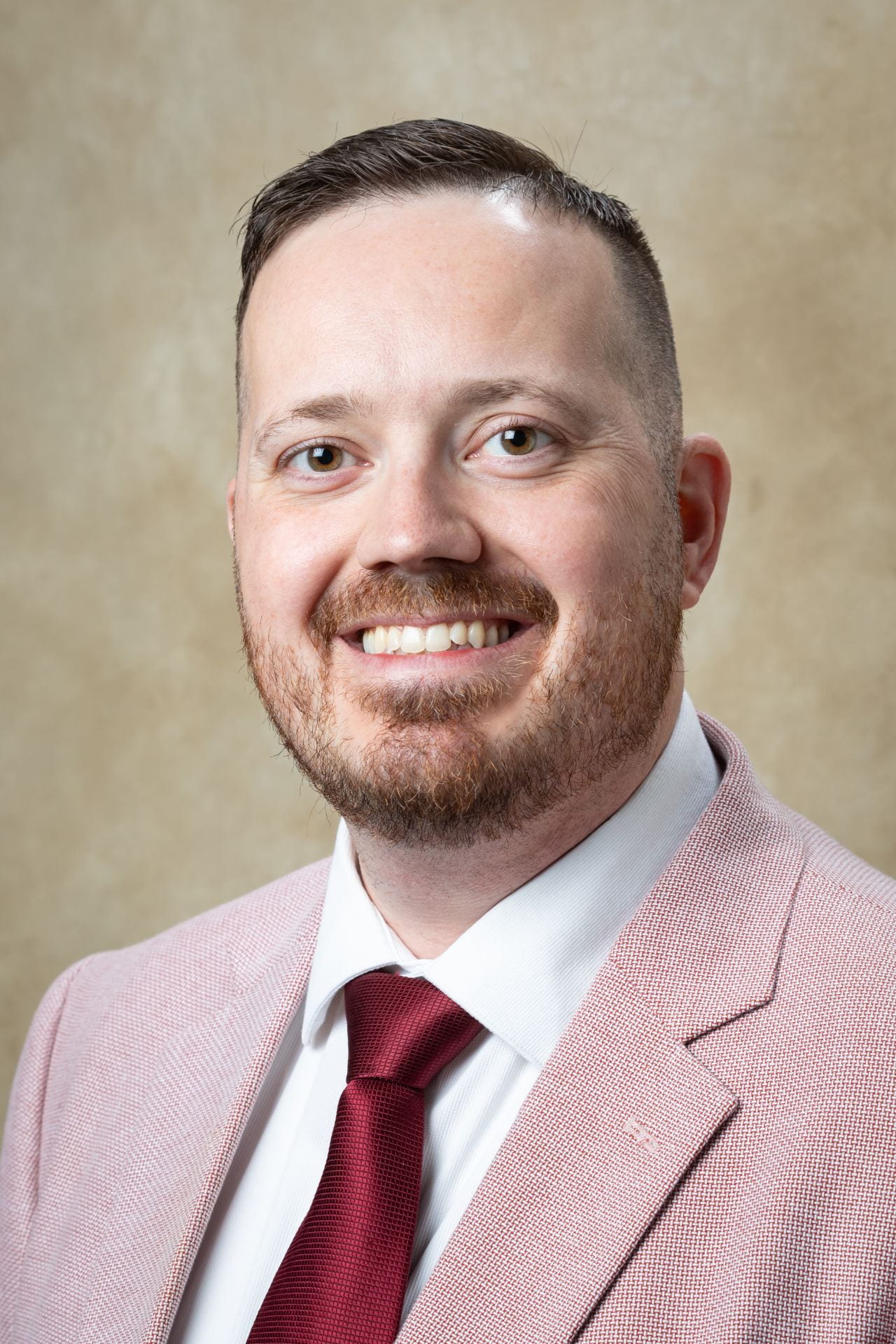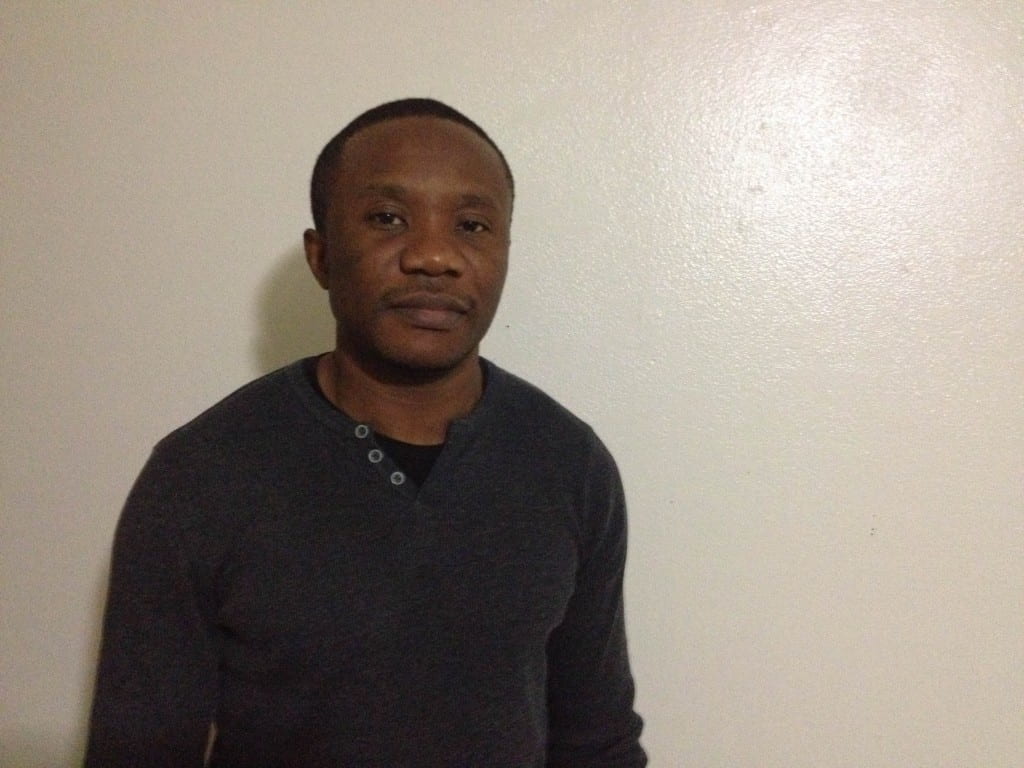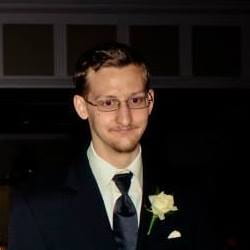Lab Members

Dr. David C. Jensen leads the research effort for the Complex Adaptive Engineered Systems Research Laboratory. He has worked extensively in modeling, simulating, and validating complex engineered systems. His research has been supported by awards through NSF, NASA, the Air Force Office of Scientific Research, and DARPA. He holds an appointment as an Assistant Professor in the Department of Mechanical Engineering at the University of Arkansas where he also teaches courses in machine element and complex systems design. Dr. Jensen earned a doctorate in Mechanical Engineering from Oregon State University in 2012. He is actively involved in the fields of engineering design, prognostics and health management, and engineering design education.

Oladapo Bello worked in the CAESR lab from 2013 until he earned his doctoral degree in 2017. His research focused on reliability analysis of complex systems. He has previously worked on the Identification of Blockage in a Pipe Using Modal Analysis and Simulation and Identification of Leakages and Blockages in Pipe Networks using Computational Fluid Dynamics (CFD) Analysis at the University of Manchester, United Kingdom.

Charlie DeStefano is a doctoral candidate and has worked in the CAESR Lab from 2013 until earning his doctoral degree in 2019. He earned his masters degree at the University of Arkansas in 2014. Prior to joining the CAESR team, he worked for Halliburton. His current work focuses on identifying methods of assessing how system mission impacts the functional consequence of failures. This work contributes to the science of adaptive system design by identifying potential mission alternatives and mission losses when operating under uncertain failures.

Jonathan Ashley is a doctoral candidate and has worked in the CAESR lab from Fall 2015 until earning his MS in 2018. The primary focus of his research is the development of a utility metric for evaluating a design’s ability to be customized by an end uses and utilize the design space afforded through additive manufacturing. This is based on additive manufacturing technologies being able to create diverse ranges of artifacts without gaining the cost of tooling and the trend of product customization of corporations.

Marvin Arroyo has worked in the CAESR lab from Spring 2016 and earned his MS in 2018. His research entails creating bio-inspired design tools to guide designers in early design stages. These tools will attempt to help designers come up with more robust, reliable and adaptive designs following specific strategies based on biological examples.